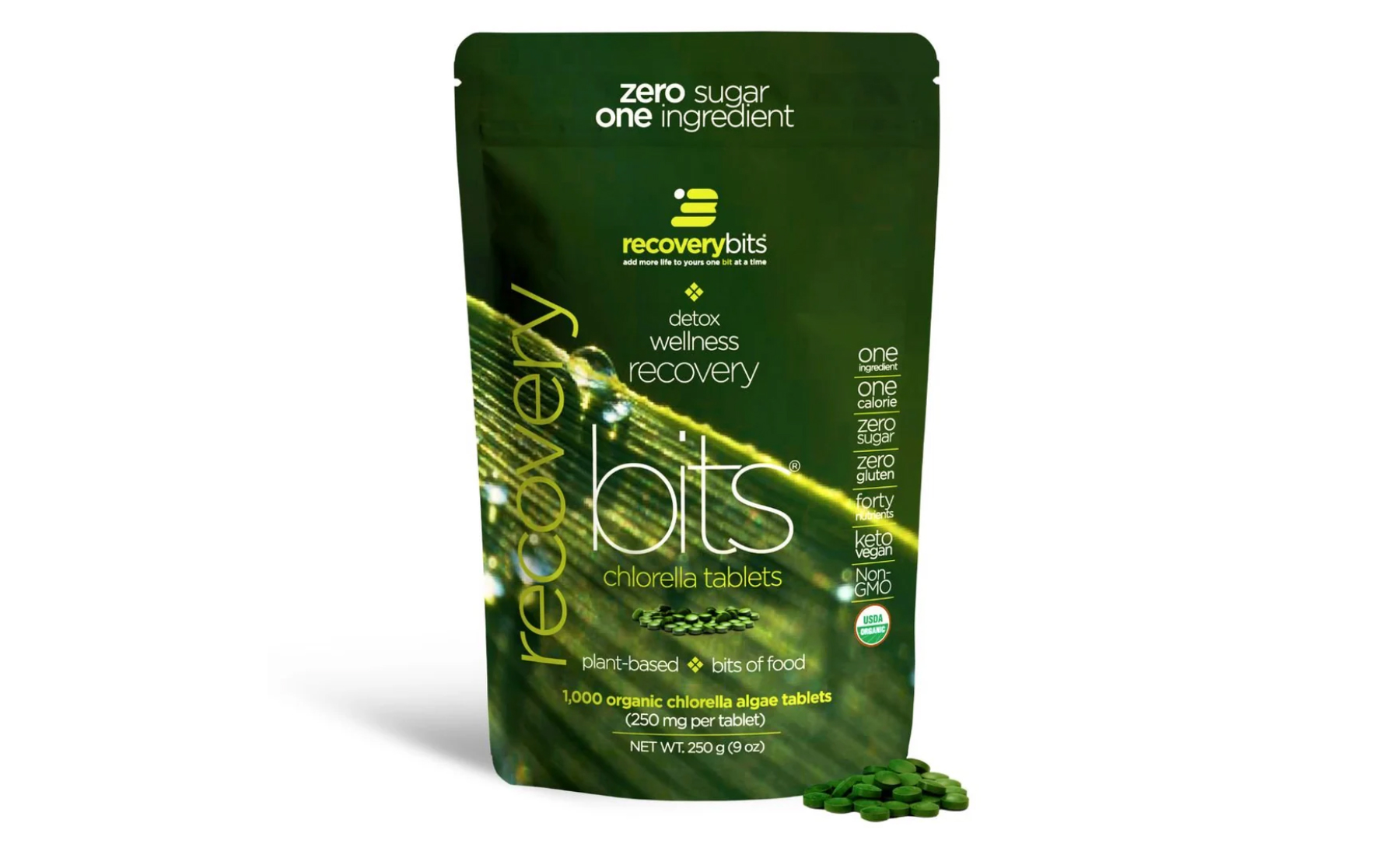When estrogen levels begin to drop, the body’s natural thermostat experiences increased sensitivity. Hot flashes are triggered by small elevations in temperature in a reduced thermoneutral zone. Hot flashes are the body’s attempt to cool down in response to that temperature change. It is common to experience more frequent hot flashes during summer weather. The following remedies can help you beat the heat during Menopause:
First, know your triggers:
Everyone’s symptoms are unique. Understanding your hot flash triggers can help you prepare. These include:
- Stress and anxiety
- Drinking hot drinks like tea, coffee or hot chocolate
- Eating spicy food
- Drinking anything that contains caffeine or alcohol
- Taking a dip in a hot bath, hot tub, or sauna
- Sitting directly in the sun instead of the shade
- Smoking
- Extreme temperature changes-going from a cold, air-conditioned office to a sweltering subway train.
Stay Cool
Hot flashes can disrupt sleep so keep your bedroom temperature cool, wear loose fitting pajamas made from breathable materials, and consider keeping a handheld fan by your bedside during the night. Switch to a lightweight duvet, and a silk pillowcase for added chill or use 2 sheets instead of a duvet.
Drink lots of water to keep your body temperature low. Water is better than soft drinks, or sports drinks. Keep cool water at your bedside.
Opt for cool food and drinks and stay away from spicy, hot things.
Avoid or Reduce stress; stress can worsen hot flashes and sweating-sit in a cool room and do some diaphragmatic breathing until you calm down again. Practice mind-body therapies. Meditation; diaphragmatic breathing; stress management techniques; mindfulness and guided imagery. Even if these approaches don’t help your hot flashes, they might provide other benefits, such as easing sleep disturbances that tend to occur with menopause.
Place an insulated water bottle filled with ice cold water and under knees for a systemic cool down
Limit caffeine and alcohol intake. Both have a thermogenic effect in the body which can worsen hot flashes.
Use fans to push warm air out.
Wear appropriate clothing.
Schedule your activities around the height of heat in the day.
If outdoor exercise does not seem appealing, sweat it out inside- go to an indoor gym-Exercise and daily movement is one of the best ways to fight osteoporosis, chronic pain, and insomnia while you’re going through menopause. Use a fitness app from your phone and workout at home. Climbing up and down stairs are a great form of resistance training, great for muscle building and cardio.
Pop a mint or roll on peppermint essential oil. Scientists have discovered that the protein found in peppermint called TRPM8 triggers cold-sensing nerve fibers to mimic the effect you would feel if you applied an ice pack to your skin. It sends signals to your brain that you are colder than you are.
Supplement Remedies
Vitamin E
A daily dose of 400 IUs of natural vitamin E (as mixed tocopherols and tocotrienols) can help alleviate symptoms of hot flashes in some menopausal women. Clinical studies conducted by the National Institute of Health (NIH) have shown that vitamin E can significantly ease the discomfort that comes with hot flashes. Vitamin E is a powerful antioxidant that decreases inflammation in the body and helps fight cell-damaging free radicals. Not only does it help with decreasing the occurrence of hot flashes, it also can decrease your likelihood of experiencing depression, heart disease, and oxidative stress.
Flaxseed
Substances called lignins in flaxseed are important modulators of hormone metabolism. Grind flaxseed daily in a coffee grinder at home and use 1 to 2 tablespoons a day.
B vitamins
This group of water-soluble vitamins may help women deal with the stress of menopausal symptoms. Available in office and here.
Evening primrose oil
This is a source of gamma-linolenic acid (GLA), an essential fatty acid that can help influence prostaglandin synthesis and help moderate menopausal symptoms. Available in office and here.
Black Cohosh (Cumicifuga racemosa)
One of the best-studied traditional herbs for menopause and seems to work by supporting and maintaining hormonal levels, which may lessen the severity of hot flashes. Available here on Wellevate.
Estrovera( Rhapontic Rhubarb)
A plant derived herb that can provide hot flash relief and menopausal symptoms naturally. Check with your provider to see if this supplement is right for you. Available in office and here.
For most women HRT (Hormone Replacement Therapy) is the most effective way to manage hot flashes and night sweats. This treatment consists of prescription bioidentical hormones that are used to replace the estrogen that you lose during menopause and reduces menopausal symptoms like hot flashes.



![We are thrilled to welcome Dr. Allison Crane to our team!
Dr. Crane is a fellowship-trained integrative physician with a strong passion for functional medicine. She specializes in menopause, hormone replacement therapy (HRT), gut health, nutrition, and more—bringing a whole-body approach to your care.
Dr. Crane is now accepting new patients. Call our office today to schedule your appointment!
🔗 Learn more about Dr. Crane in her full bio [https://kaufmanhealthandhormonecenter.com/dr-allison-crane/].](https://kaufmanhealthandhormonecenter.com/wp-content/plugins/instagram-feed/img/placeholder.png)


